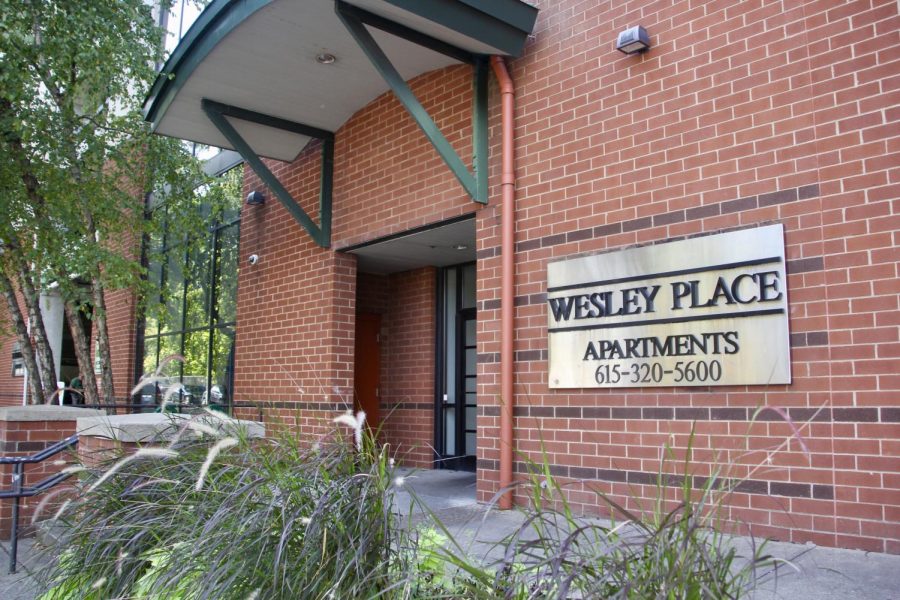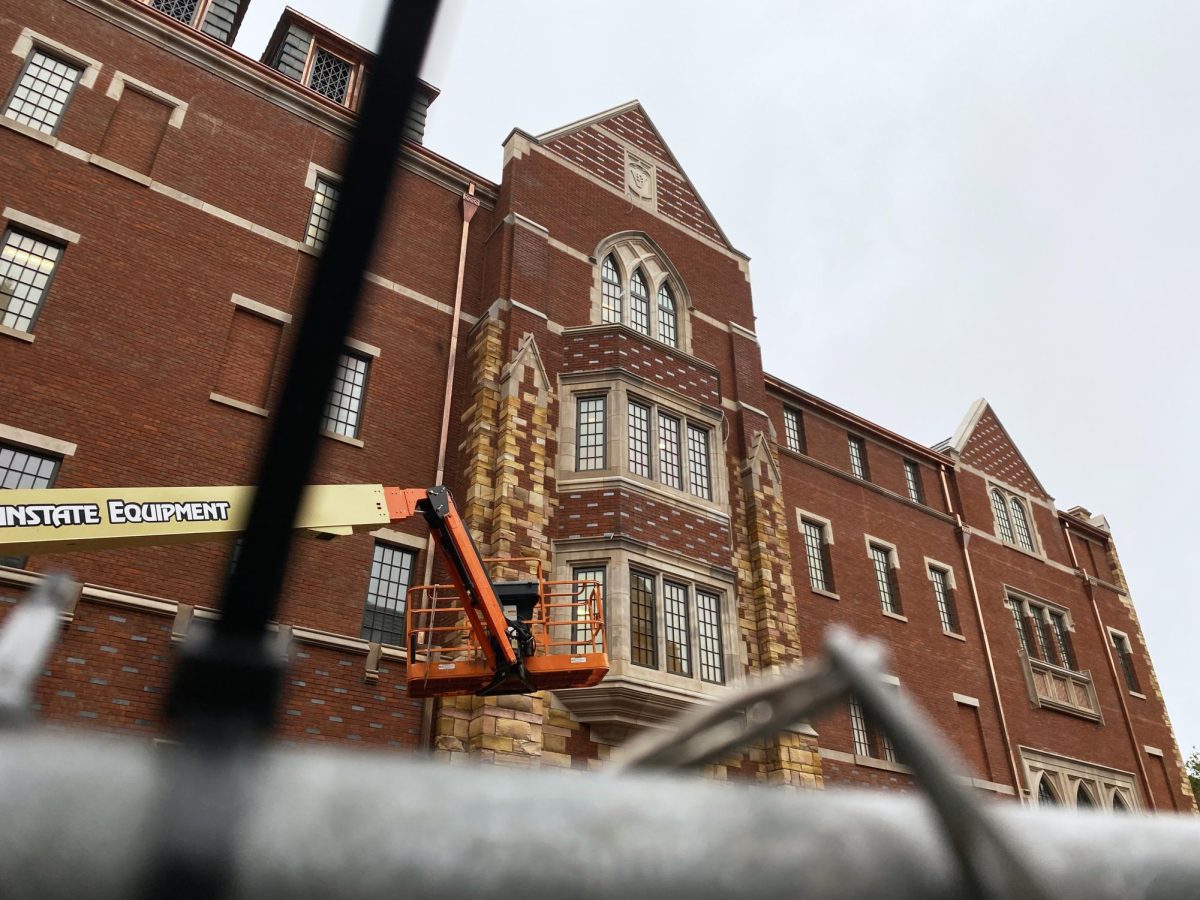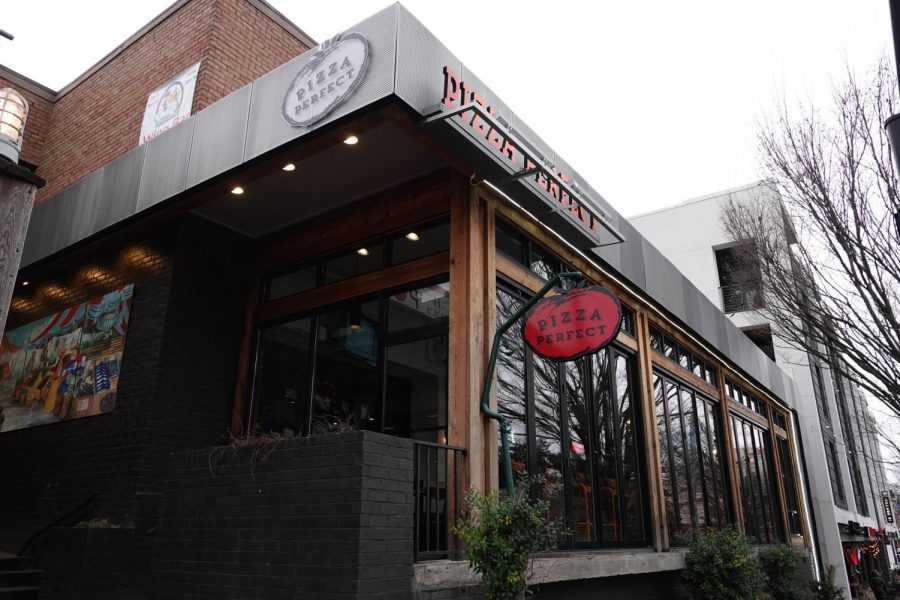In response to a housing shortage of around 1300 beds, the Office of Housing and Residential Education will be leasing parts of the Village at Vanderbilt apartments for the 2020-2021 and 2021-2022 school years. Wesley Place Apartments will not be included in on-campus housing as Res Ed had originally considered because of its comparably small size as well as the fact that it already houses mainly Vanderbilt undergraduate students.
This decision came after the destruction of Carmichael Towers West, the impending destruction of Carmichael Towers East and the subsequent loss of around 650 more on-campus beds for undergraduate students. The Village’s South Tower and all townhomes except three will be included in the on-campus housing lottery in January while the North Tower and the remaining three townhomes will continue being rented to non-undergraduate tenants. Senior Director of Housing Operations Jim Kramka said that the addition of 350 beds at Vanderbilt Village is necessary to provide on campus housing for all students who want it.
“We were able to get enough students who wanted to live off campus to request off campus last year, and so we didn’t have to do anything special,” Kramka said. “People found their own places,” Kramka said.
Following the demolition of Towers one and two, Res Ed began working with Vanderbilt University Real Estate to arrange a block lease for next year’s undergraduate residents. VU Real Estate is a university-affiliated company that has owned the property previous to this deal. The South Tower consists of one, two and three bedroom apartments while the townhomes have two bedrooms each. Students will sleep two to each bedroom, and pay the same price as they would in any other residence hall. Though the Village at Vanderbilt has other amenities including a pool and fitness center, Kramka said that students will not have access to these features.
Res Ed had also briefly considered installing residential accommodations in the Wesley Place apartment complex in order to remedy the housing shortage. Upon further research, they found that since Wesley Place is already almost exclusively occupied by Vanderbilt undergraduate students, they would not gain any additional beds by converting it into on-campus housing and are no longer pursuing this option, according to Kramka.
After all arrangements are made, living at the Village will appear very similar to living in any other residence hall. The housing department will install university furniture, internet and an IPTV provider as well as Resident Advisers to mirror the services provided in the residence halls.
Another reason the housing department decided to convert the Village at Vanderbilt into on-campus housing was the potential financial and logistical difficulties associated with living off-campus. Krakak said that some students may not be able to afford furnishing their own apartment, or the added expense of commuting to campus, if they did not win the housing lottery and had to rent housing off campus.
Senior Rachel Kryska, who currently lives in the Village at Vanderbilt, believes that making the Village an on campus residence will actually prove more costly to some students, as her yearly rent is significantly less expensive than Vanderbilt housing costs.
“[My roommates and I are] saving $5,000 just from housing,” Kryska said. “Also, I have a car and for a reserved spot that’s two minutes from my front door, I’m paying $35 a month, which I believe is a lot cheaper than the $700 for a non-reserved spot [on campus] that I would’ve had to walk probably twenty minutes to from Towers.”
Additionally, Kryska agrees that installing on-campus residences in Village at Vanderbilt will alter the environment that she is currently enjoying.
“I could see that being changed a lot — it being a lot less of a peaceful, quiet atmosphere and being more like the areas people live in on campus already,” she said.
Kryska also mentioned that having upper-classmen housing so close to Commons could detrimentally affect the first-year experience by taking away from the isolation the Commons is meant to provide.
Senior Cami Gottleib, who currently resides in Wesley, thinks positively of the school’s decision not to transition Wesley Place apartments into on-campus housing because she says the presence of RAs would negatively affect the experience.
“I think that it would just ruin the sense of independence that I now feel as a senior being able to live off campus,” Gottleib said.








